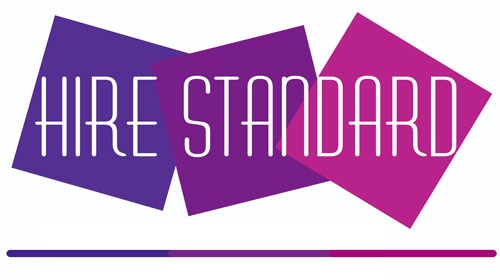 Letting an employee go is probably the least enviable task for an employer and one that can come with a cost. Few companies can boast a 100 percent recruitment success rate and a volatile economic environment requires a flexible staffing strategy with the inevitable increases and decreases in human resources. Most workers in the United States are considered to be “at will” and can be fired as long as an employer’s reasons for doing so are legal. The main management issues to consider are the following:
Letting an employee go is probably the least enviable task for an employer and one that can come with a cost. Few companies can boast a 100 percent recruitment success rate and a volatile economic environment requires a flexible staffing strategy with the inevitable increases and decreases in human resources. Most workers in the United States are considered to be “at will” and can be fired as long as an employer’s reasons for doing so are legal. The main management issues to consider are the following:
- Discrimination. Federal law states that an employee cannot be fired because of reasons related to gender, race, nationality, sexual orientation, disability, age, or religion. An individual cannot be fired because of pregnancy or any other medical condition. State laws may have additional discriminatory policies. These can be viewed at Employment Discrimination in Your State.
- Retaliation. It is illegal for employers to fire an employee for asserting their rights. For example, if you deny an employee a salary raise and fire them for complaining that you denied them the raise for gender reasons, you may face a retaliation lawsuit brought by the employee. More information can be found at Preventing Retaliation Claims by Employees.
- Complaints about the Workplace Environment. An employee cannot be fired because they have complained about federal Occupational Safety and Health Act (OSHA) violations such as working conditions that are unsafe.
- Liking a Post on Facebook. According to the Wall Street Journal, in a September court case, the Fourth U.S. Circuit Court of Appeals, declared “liking” a post on Facebook is “A form of speech protected by the First Amendment”. Can you be fired for social media postings? Yes and No. If a like is technically freedom of speech, an employee has the freedom to like (and say) as they wish. However, preexisting company policies may still limit social media actions made by employees. Make sure to review company handbooks and policies with new employees, and periodically to keep policies fresh in employee minds.
Additional illegal reasons for firing an employee include reasons that most people might find ethically wrong, such as firing an employee for voting. An employer is advised to consult legal advice in cases where they are unsure, and they may also request an employee to sign a release form to avoid legal complications. More information is available at Using Severance Agreements to Avoid Lawsuits.
Hire Standard Staffing can assist your staffing management and save you from expensive staffing mistakes. We can provide advice with respect to your current and future human-resource-related issues. Have additional questions? Contact us today for more information!
